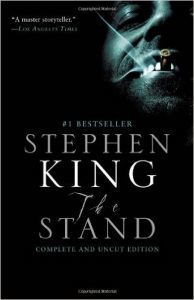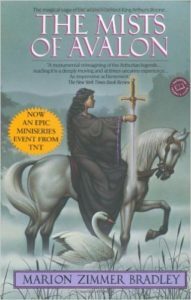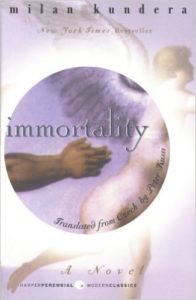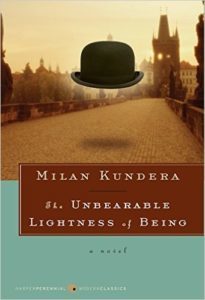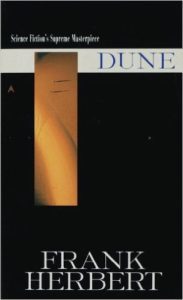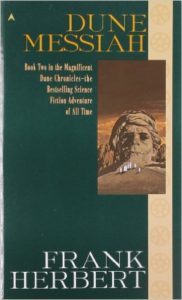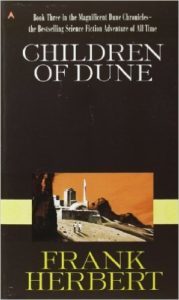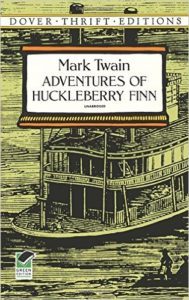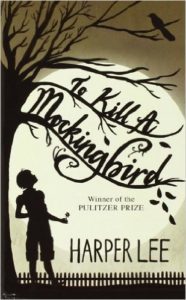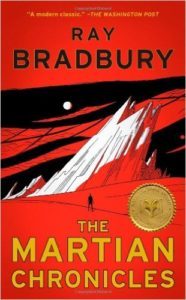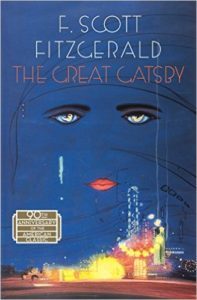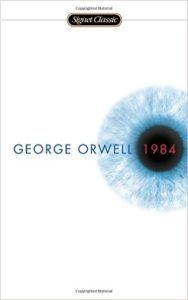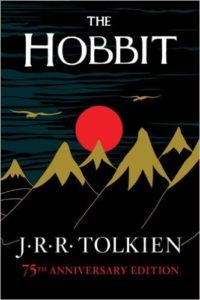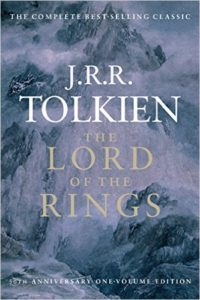Revisiting the City-State for the Modern World
Editorial by Dr. Mark David Major, AICP, CNU-A
(NOTE: I have been mulling over these ideas for more than a decade, slowly working them out and so forth. However, there did not seem any point in rushing to write something because it would have been a hopelessly one-sided conversation. I have been working on a partial redraft of the U.S. Constitution to reflect these reforms. You can also revisit my “20 Theses for Political Reform” article, posted on June 5, 2012. In any case, finally, there is a sign of hope: The Most Disruptive Transformation in History by Richard Florida in Medium.)
The post-election reactions of the Fourth and Fifth Estate have been truly madly deeply depressing, especially from people nominally associated with the political left (to one degree or another) Very few people seem to ‘get it’; namely, why these cataclysmic political results occurred in 2016 (e.g. Brexit, election of Donald Trump, and obvious rise of the European right/nationalists). Most are content with their lazy ‘go-to’ accusations/explanations of racism, fascism, misogynism, xenophobia and ‘whitelash’, all of which happens in the disturbing alternate reality of an echo chamber.
Finally, there is evidence that someone ‘gets it’ in Richard Florida’s December 1, 2016 article “The Most Disruptive Transformation in History: How the clustering of knowledge lays bare the need to devolve power from the nation-state to the city”, the link to which is available at the end of this editorial.
Excerpt:
Devolution and local empowerment would enable blue-state metro economies to invest their own resources while allowing others to do the same. It would respect local differences, local desires, and local needs.
This is a good start to the political debate, which requires both sides to converse with each other. Unfortunately, it does not happen much these days. A lot of the people who voted for Ronald Reagan and Tony Blair bought into their neoliberal economic policies (e.g. globalization) on the promises of economic prosperity and increased local power over their everyday lives; ‘returning power to the states’ in Reagan terms and ‘devolution’ in Blair terms. The Blair’s Labour Government only partially delivered. The rise of the Scottish National Party (SNP) is a positive result of British devolution (and the Labour Party’s failures) whereas the rise of the UKIP (United Kingdom Independence Party) is a result of Blair’s failure to fully deliver on campaign promises vis-à-vis the power relationship between the European Union and local (mostly rural English and Welsh) communities. In the United States, the Democratic Party has frustrated efforts to ‘return power to the states’ for three decades, which has resulted in this behemoth of a Federal state with $20 trillion dollars of debt and the massive political reactions of the last decade. Hence, these constant ‘yo-yo-change’ elections culminating in the ‘surprise’ elevation of Donald Trump to the Presidency. It was only a surprise if you have not been paying attention.
 Richard Florida’s article is a good start but delaying action in the USA for the last three decades now requires us to think bolder and get completely ‘outside the box’ to develop truly innovative solutions. We need to simultaneously solve multiple problems while drawing on the beauty of the constitutional system established by the Founding Fathers. Greater local political power for cities is certainly a big issue. Americans now live in an urban nation and we have to address this issue while still maintaining the horizontal and vertical balances of power inherent in the U.S. Constitution. How do we accomplish this? The answer may be to revisit the concept of the city-state for a modern world whilst reforming political representation at the Federal level. What might a plan of action look like?
Richard Florida’s article is a good start but delaying action in the USA for the last three decades now requires us to think bolder and get completely ‘outside the box’ to develop truly innovative solutions. We need to simultaneously solve multiple problems while drawing on the beauty of the constitutional system established by the Founding Fathers. Greater local political power for cities is certainly a big issue. Americans now live in an urban nation and we have to address this issue while still maintaining the horizontal and vertical balances of power inherent in the U.S. Constitution. How do we accomplish this? The answer may be to revisit the concept of the city-state for a modern world whilst reforming political representation at the Federal level. What might a plan of action look like?
1. Create criteria for city-states in the United States
Such criteria will have to be debated but a good starting point is physical and population size tied to population density in order to promote density, e.g. if cities want to become states with their own representatives, then they need growth management policies to densify their urbanized area. Right now, there are only a 6-8 US cities that would probably meet such criteria for statehood: New York, Chicago, Los Angeles, Boston, Miami, Washington, D.C. San Francisco (oops, forgot SF in initial publication) and perhaps Philadelphia. Houston, Atlanta, and Dallas are probably insufficiently dense at this time (order revised to discount Atlanta at this time).
2. City-state status is not a permanent condition
Cities that achieve statehood could lose that status through a process of promotion and relegation (yes, like the English Premier League). That is, if a city falls below the size and density threshold, then such cities can be returned to their original state. These criteria reflect the competitive component of cities, their rise and decline, and the fact that there can be no shortcut to statehood and greater political power. Because urban growth and decline occur over a very long time (except in conditions of catastrophes), there is time to adjust/prepare for promotion to statehood or relegation back to the state. For example, Chicago would become an independent city-state with its own representatives in the U.S. Congress but, if for some reason, the city declines over successive decades (loss of population and density, etc.), then Chicago would automatically revert back to the State of Illinois. Early in the 20th century, Detroit probably would have achieved statehood but no longer due to its precipitous decline.
In a sense, the Blair government already accomplished something similar, in part, with the creation of the Greater London Authority in the U.K. during the late 1990s. The USA and the United Kingdom are quite different in size, democratic representation, and constitutional structures but similar solutions could be pursued based on the same principle (e.g. devolution), though obviously tailored for their specific conditions.
Such a constitutional change would better reflect the urban reality of today’s world in the United States. However, under current conditions, it would also represent a dramatic, unsustainable increase of political power in the urban power base of the Democratic Party. This would terrify the rural power base of the Republican Party, rightly so. Constitution reform of democratic representation within the ‘vertical’ balance of power framework established by the Founding Fathers (rural-urban, small-big states, etc.) is necessary. This can be accomplished by reinvigorating the republican (with a small ‘r’) foundations of the country while simultaneously reducing the size of the Federal state. How?
We would have to redress the vertical balance of power by reducing the legislative size of the Federal government.
3. Reduce the number of U.S. Senators to one per state
Limit representation to one senator per state in the U.S. Senate, thereby significantly reducing the size of this legislative body (and their associated political staffing). If six to eight U.S. cities achieve statehood, then we would have only 56-58 senators, creating political power for the representatives of these city-states while redressing the rural-urban/small- and big-state balance with greater political power for constituencies that are predominantly rural in nature (Wyoming, Oklahoma, Dakotas, etc.).
4. Reduce the size of the House of Representatives to 217 members/End gerrymandering of districts (convex shapes)
Same principle at work for the reduction of legislative size except for representation in the House of Representatives is tied to population size. In order for this to work, we have to end gerrymandering of districts in favor of common sense districts that are physically convex in shape, which incorporate a diversity of populations and thereby moderate political representatives; promote compromise and work ‘across the aisle.’ There would be no ‘single issue’ representatives (most often associated with identity politics). Gerrymandering of districts (nominally in some cases to ensure ‘diversity’) is a real problem in the USA because when you gerrymander one district (nominally for laudable goals), you are gerrymandering every other district immediately adjacent to it. There is a ‘domino effect.’ The result is the legislative dysfunction of political extremism we have witnessed over the last three decades.
5. The domino effect on Federal Power
This would have a ‘domino effect’ on political power of the nation-state, making more feasible the devolution of all sorts of functions from the Federal department level to the local level (especially to the city-states: those that are already states and those that aspire to statehood), more fully meeting Reagan’s pledge to return power to the states and reduce the role of the technocracy at the Federal level and in people’s everyday lives.
This is the conversation we need to be having right now. Not the lazy attacks and doublespeak that is currently dominating the conversation. Let the real debate begin.
Read the full article here: The Most Disruptive Transformation in History | Richard Florida | Medium


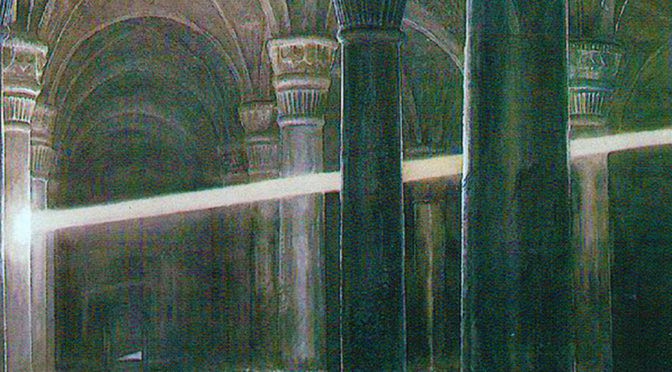
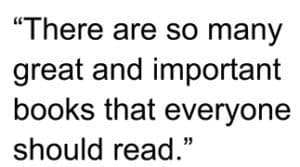 It seemed impossible to pick only one or two. It is why I decided to write this article about what I believe are ten ‘must read’ fiction books for everyone. Some of them, people will have already read. Some of them, people will be planning to read. It is unlikely that anyone will find a book on this list, which is completely unfamiliar.
It seemed impossible to pick only one or two. It is why I decided to write this article about what I believe are ten ‘must read’ fiction books for everyone. Some of them, people will have already read. Some of them, people will be planning to read. It is unlikely that anyone will find a book on this list, which is completely unfamiliar.